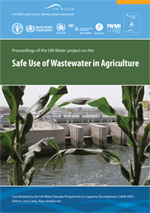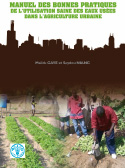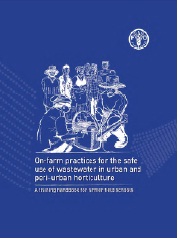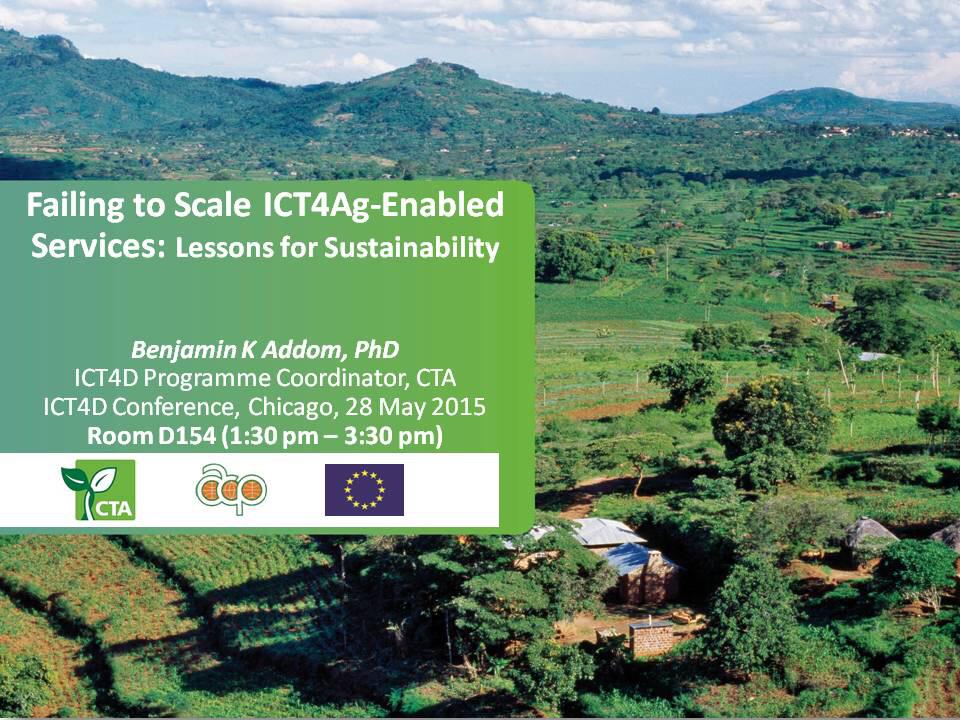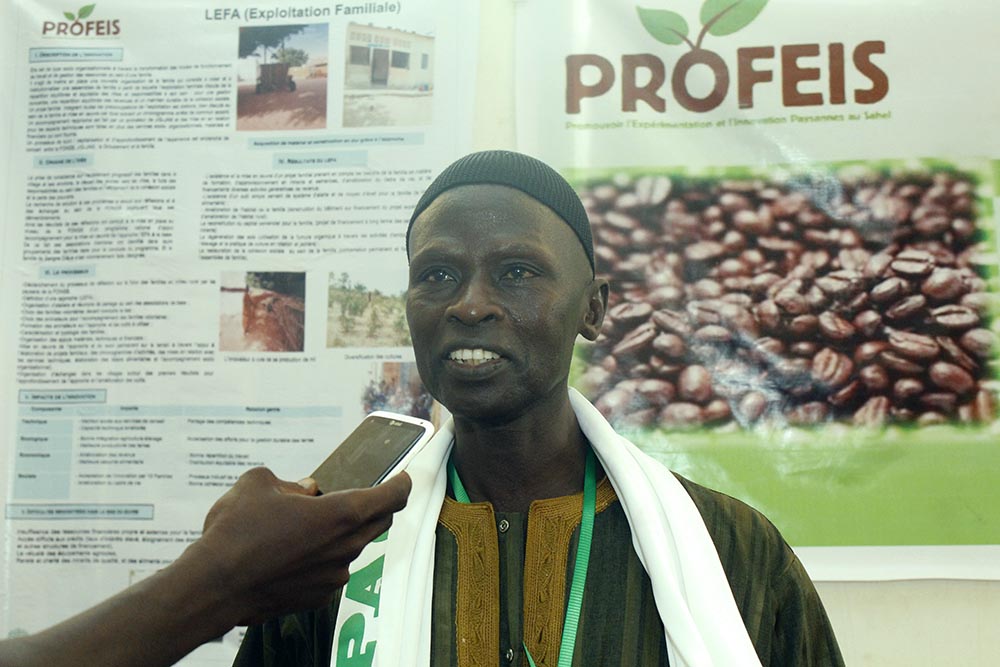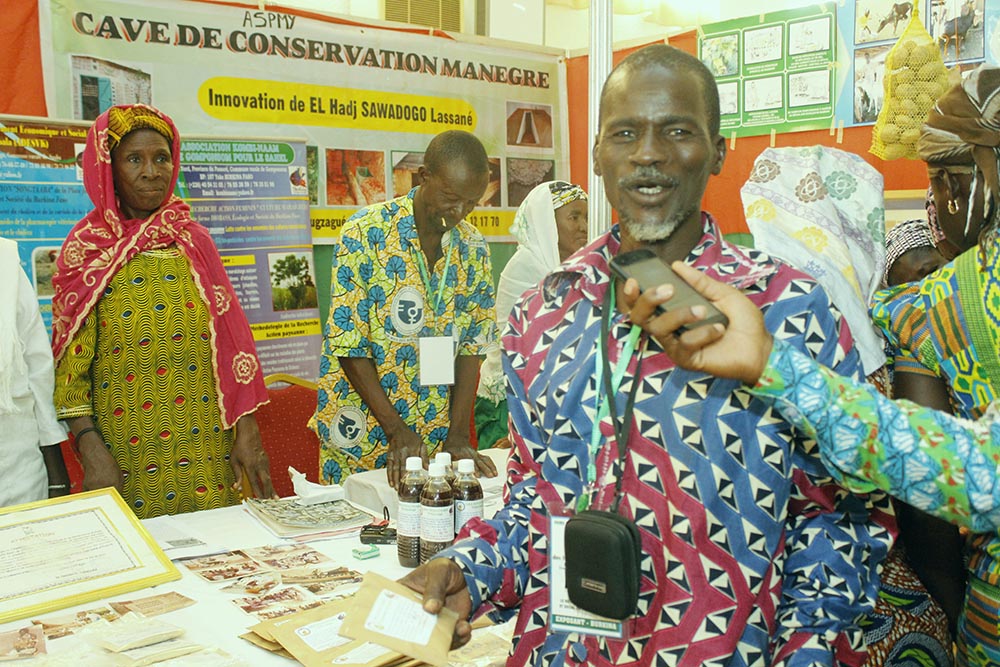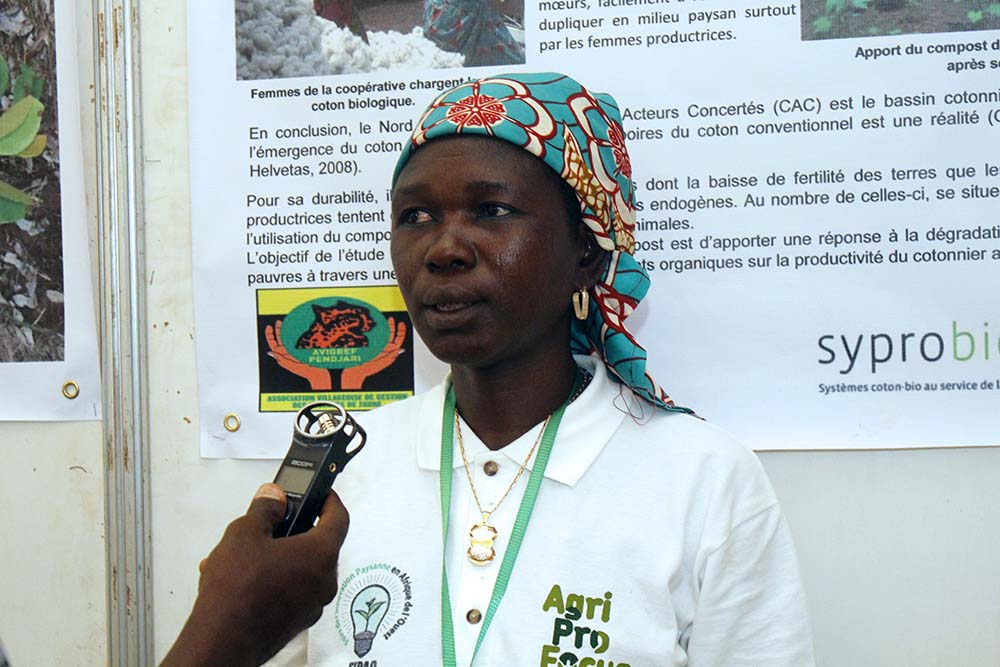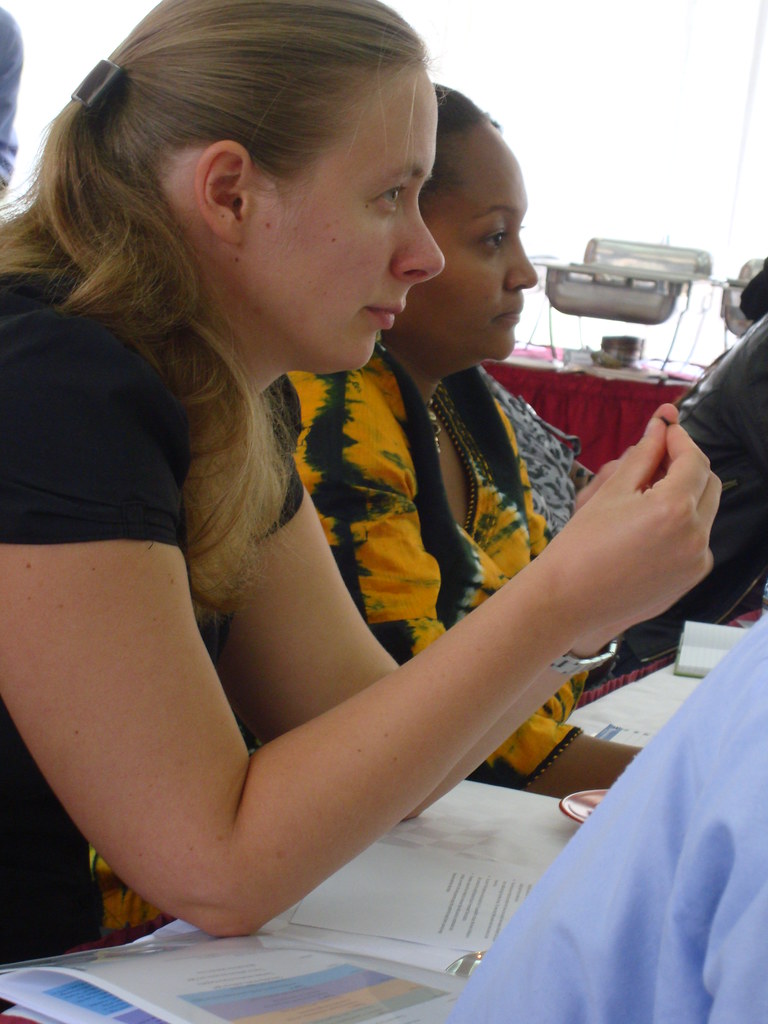24 May 2015. Kampala, Uganda - The African Development Bank, Forum for Agriculture Research in Africa (FARA), International Institute of Tropical Agriculture (IITA) and Alliance for a Green Revolution Africa (AGRA) have joined efforts to combat increasing youth unemployment in Africa through agribusiness incubation.
The joint initiative is coordinated by African Development bank under the theme ‘Enabling Youth for employment. The purpose of the programme is to create options for youth engagement in agribusiness, increase financing mechanisms and networking opportunities for youth engagement in agribusiness, trade and investment along agriculture value chains
The vice President of Africa Development Bank (AfDB) Mr. A. Abou-Sabaa and Director Agriculture and agro industry Mr. C. Ojukwu in a preess statement said the bank’is committed to support private sector engagement in agribusiness and their interest to explore all options for youth focused job creation in partnership with national, regional and international development partners.
FARA UniBRAIN model was identified as one of the successful agribusiness incubation models in Africa and the World with practical options for sustainability, wealth and job creation in Africa
But the Bank called upon FARA to work closely with other partners in up scaling and sustaining the initiative in the 54 African countries under its new programme-African Agribusiness Incubation Programme (AAIP) 2016- 2020.
FARA will work closely with African Development bank during the implementation of Agriculture and agribusiness strategy 2015 to 2019 in Africa and UniBRAIN model will leverage other continental initiatives propelling agriculture transformation forward.
“FARA will join efforts with AGRA and IITA in delivering ENABLE programme in 20 African countries. In the partnership, FARA UniBRAIN will focus on incubating incubators and linking them to African Agribusiness Incubators Network and other global platforms for mutual benefits and synergy building,” said Dr Yemi Akinbamijo the Executive Director of FARA in the statement.
 Related:
Related:
12th May 2015. Accra, Ghana. FARA UniBRAIN has unveiled a gender mainstreaming toolkit in agribusiness incubation as a blueprint that will guide the process of value chain mapping, analysis and selection across Africa.
Download the full color pdf here
The joint initiative is coordinated by African Development bank under the theme ‘Enabling Youth for employment. The purpose of the programme is to create options for youth engagement in agribusiness, increase financing mechanisms and networking opportunities for youth engagement in agribusiness, trade and investment along agriculture value chains
The vice President of Africa Development Bank (AfDB) Mr. A. Abou-Sabaa and Director Agriculture and agro industry Mr. C. Ojukwu in a preess statement said the bank’is committed to support private sector engagement in agribusiness and their interest to explore all options for youth focused job creation in partnership with national, regional and international development partners.
FARA UniBRAIN model was identified as one of the successful agribusiness incubation models in Africa and the World with practical options for sustainability, wealth and job creation in Africa
But the Bank called upon FARA to work closely with other partners in up scaling and sustaining the initiative in the 54 African countries under its new programme-African Agribusiness Incubation Programme (AAIP) 2016- 2020.
FARA will work closely with African Development bank during the implementation of Agriculture and agribusiness strategy 2015 to 2019 in Africa and UniBRAIN model will leverage other continental initiatives propelling agriculture transformation forward.
“FARA will join efforts with AGRA and IITA in delivering ENABLE programme in 20 African countries. In the partnership, FARA UniBRAIN will focus on incubating incubators and linking them to African Agribusiness Incubators Network and other global platforms for mutual benefits and synergy building,” said Dr Yemi Akinbamijo the Executive Director of FARA in the statement.
 Related:
Related:12th May 2015. Accra, Ghana. FARA UniBRAIN has unveiled a gender mainstreaming toolkit in agribusiness incubation as a blueprint that will guide the process of value chain mapping, analysis and selection across Africa.
This tool kit will come in handy in helping incubators and incubatees across Africa invest resources in value chains that promise gender inclusion and optimal returns in agribusiness incubation.
The toolkit was unveiled by Mr Gerald Sendaula (chairman CURAD board of governors) who hailed the initiative to develop the toolkit while emphasizing the need for gender mainstreaming in value chain development and agribusiness incubation. In his brief, he noted that the incubators and incubates had a powerful tool that if well utilized would help enhance equity and strategic investment along the value chains in agribusiness incubation. He challenged incubators to ensure they carried out elaborate sensitization to incubates to enable them embrace the tenets espoused in the gender mainstreaming toolkit for agribusiness incubation.
On his part, the UniBRAIN facility coordinator Mr Ariho acknowledged the role that the incubators had played towards development of the toolkit and called upon the managers to put it into use moving forward. Further, he impressed upon the incubators to take a lead in using the toolkit as well as train their incubatees on how to use it. This, he reiterated, would help realise the envisaged results of gender inclusion and maximization of benefits derived from agribusiness incubation. He promised that the toolkit would be e-published for access by all to help build gender inclusive agribusinesses.
On his part, the UniBRAIN facility coordinator Mr Ariho acknowledged the role that the incubators had played towards development of the toolkit and called upon the managers to put it into use moving forward. Further, he impressed upon the incubators to take a lead in using the toolkit as well as train their incubatees on how to use it. This, he reiterated, would help realise the envisaged results of gender inclusion and maximization of benefits derived from agribusiness incubation. He promised that the toolkit would be e-published for access by all to help build gender inclusive agribusinesses.
Related:
Gender in Value Chain Toolkit published by Agri-ProFocus.Download the full color pdf here
- This version is adjusted based on experiences in using the first toolkit in Agri-ProFocus gender in value chain coaching tracks in Eastern Africa. The chapter on intervention strategies is complemented and contains many interesting and practical tools and approaches ready for use by you as a practitioner.
- The toolkit provides an overview of material available on gender and value chains. The tools are selected from manuals produced by USAID, SNV, GIZ, ILO, CARE and other organizations in the Agri-ProFocus ‘Gender in Value Chains’ network. Most resources can be found on the World Wide Web; links can be found on the resources page of the online version of the toolkit.
- The Gender in Value Chains Practical Toolkit that you are currently holding is closely linked to another publication that resulted from collaboration within the Agri-ProFocus Gender in Value Chains network, namely ‘Challenging Chains to Change: Gender Equity in Agricultural Value Chain Development’ (2012). This publication was produced by the Royal Tropical Institute (KIT) in cooperation with IIRR and Agri-ProFocus and sponsored by ICCO, Hivos, Cordaid and Oxfam Novib.









